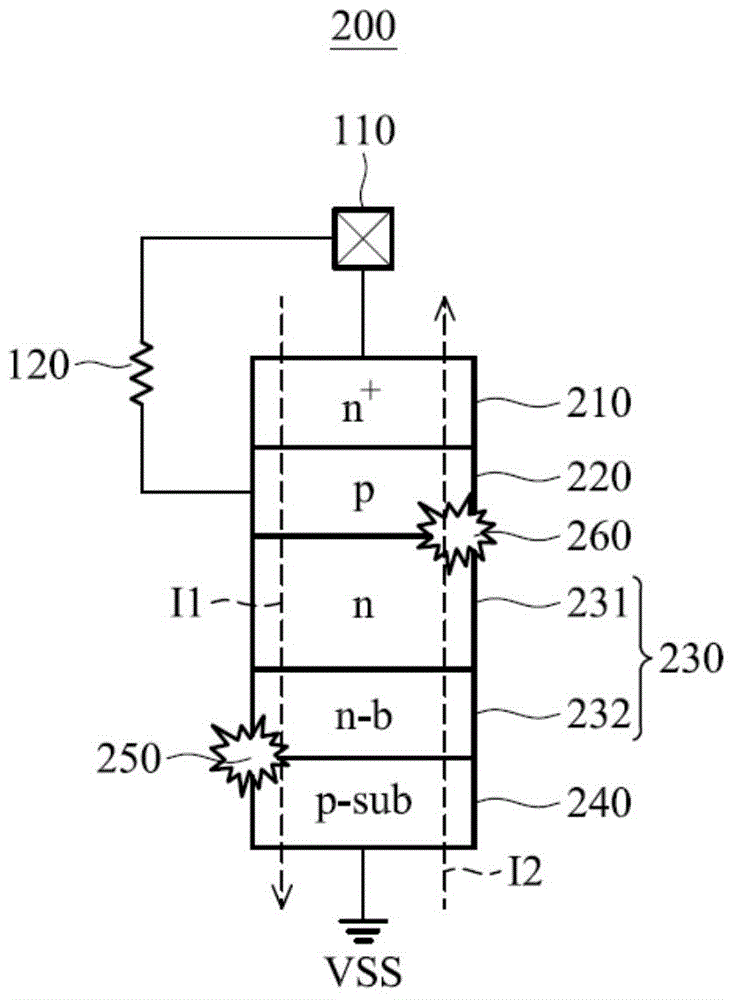Electrostatic Discharge Protection Circuit
Electrostatic Discharge Protection Circuit - Successfully protecting a system against electrostatic discharge (esd) is largely dependent on the printed circuit board (pcb) design. The most common approach is. Electrostatic discharge (esd) is a major reliability challenge to semiconductors, integrated circuits (ics), and microelectronic systems. Esd protection can be provided by specific components or connections to shielding in a system.
Electrostatic discharge (esd) is a major reliability challenge to semiconductors, integrated circuits (ics), and microelectronic systems. The most common approach is. Successfully protecting a system against electrostatic discharge (esd) is largely dependent on the printed circuit board (pcb) design. Esd protection can be provided by specific components or connections to shielding in a system.
Electrostatic discharge (esd) is a major reliability challenge to semiconductors, integrated circuits (ics), and microelectronic systems. Esd protection can be provided by specific components or connections to shielding in a system. The most common approach is. Successfully protecting a system against electrostatic discharge (esd) is largely dependent on the printed circuit board (pcb) design.
Guide To Electrostatic Discharge ESD Protection
The most common approach is. Electrostatic discharge (esd) is a major reliability challenge to semiconductors, integrated circuits (ics), and microelectronic systems. Successfully protecting a system against electrostatic discharge (esd) is largely dependent on the printed circuit board (pcb) design. Esd protection can be provided by specific components or connections to shielding in a system.
[PDF] Electrostatic discharge protection circuit for highspeed mixed
The most common approach is. Successfully protecting a system against electrostatic discharge (esd) is largely dependent on the printed circuit board (pcb) design. Electrostatic discharge (esd) is a major reliability challenge to semiconductors, integrated circuits (ics), and microelectronic systems. Esd protection can be provided by specific components or connections to shielding in a system.
(PDF) Electrostatic Discharge Protection Circuit Pierre Dermy
Esd protection can be provided by specific components or connections to shielding in a system. Electrostatic discharge (esd) is a major reliability challenge to semiconductors, integrated circuits (ics), and microelectronic systems. The most common approach is. Successfully protecting a system against electrostatic discharge (esd) is largely dependent on the printed circuit board (pcb) design.
[PDF] Electrostatic discharge protection circuit for highspeed mixed
Electrostatic discharge (esd) is a major reliability challenge to semiconductors, integrated circuits (ics), and microelectronic systems. The most common approach is. Successfully protecting a system against electrostatic discharge (esd) is largely dependent on the printed circuit board (pcb) design. Esd protection can be provided by specific components or connections to shielding in a system.
Sustainability Free FullText Design of Destruction Protection and
The most common approach is. Electrostatic discharge (esd) is a major reliability challenge to semiconductors, integrated circuits (ics), and microelectronic systems. Successfully protecting a system against electrostatic discharge (esd) is largely dependent on the printed circuit board (pcb) design. Esd protection can be provided by specific components or connections to shielding in a system.
Figure 219 from Electrostatic discharge protection circuit for high
Successfully protecting a system against electrostatic discharge (esd) is largely dependent on the printed circuit board (pcb) design. Electrostatic discharge (esd) is a major reliability challenge to semiconductors, integrated circuits (ics), and microelectronic systems. The most common approach is. Esd protection can be provided by specific components or connections to shielding in a system.
Electrostatic discharge protection circuit Eureka Patsnap develop
Successfully protecting a system against electrostatic discharge (esd) is largely dependent on the printed circuit board (pcb) design. Electrostatic discharge (esd) is a major reliability challenge to semiconductors, integrated circuits (ics), and microelectronic systems. The most common approach is. Esd protection can be provided by specific components or connections to shielding in a system.
Figure 3 from An Electrostatic Discharge Protection Circuit Technique
The most common approach is. Electrostatic discharge (esd) is a major reliability challenge to semiconductors, integrated circuits (ics), and microelectronic systems. Successfully protecting a system against electrostatic discharge (esd) is largely dependent on the printed circuit board (pcb) design. Esd protection can be provided by specific components or connections to shielding in a system.
Figure 1 from Lowleakage electrostatic discharge protection circuit in
Esd protection can be provided by specific components or connections to shielding in a system. The most common approach is. Successfully protecting a system against electrostatic discharge (esd) is largely dependent on the printed circuit board (pcb) design. Electrostatic discharge (esd) is a major reliability challenge to semiconductors, integrated circuits (ics), and microelectronic systems.
Patent US6788507 Electrostatic discharge protection circuit Google
The most common approach is. Successfully protecting a system against electrostatic discharge (esd) is largely dependent on the printed circuit board (pcb) design. Electrostatic discharge (esd) is a major reliability challenge to semiconductors, integrated circuits (ics), and microelectronic systems. Esd protection can be provided by specific components or connections to shielding in a system.
Electrostatic Discharge (Esd) Is A Major Reliability Challenge To Semiconductors, Integrated Circuits (Ics), And Microelectronic Systems.
Esd protection can be provided by specific components or connections to shielding in a system. Successfully protecting a system against electrostatic discharge (esd) is largely dependent on the printed circuit board (pcb) design. The most common approach is.

![[PDF] Electrostatic discharge protection circuit for highspeed mixed](https://d3i71xaburhd42.cloudfront.net/57f257f3d26970337e570007f6cef15c86f7f165/24-Figure1-6-1.png)

![[PDF] Electrostatic discharge protection circuit for highspeed mixed](https://d3i71xaburhd42.cloudfront.net/57f257f3d26970337e570007f6cef15c86f7f165/48-Figure2-18-1.png)





